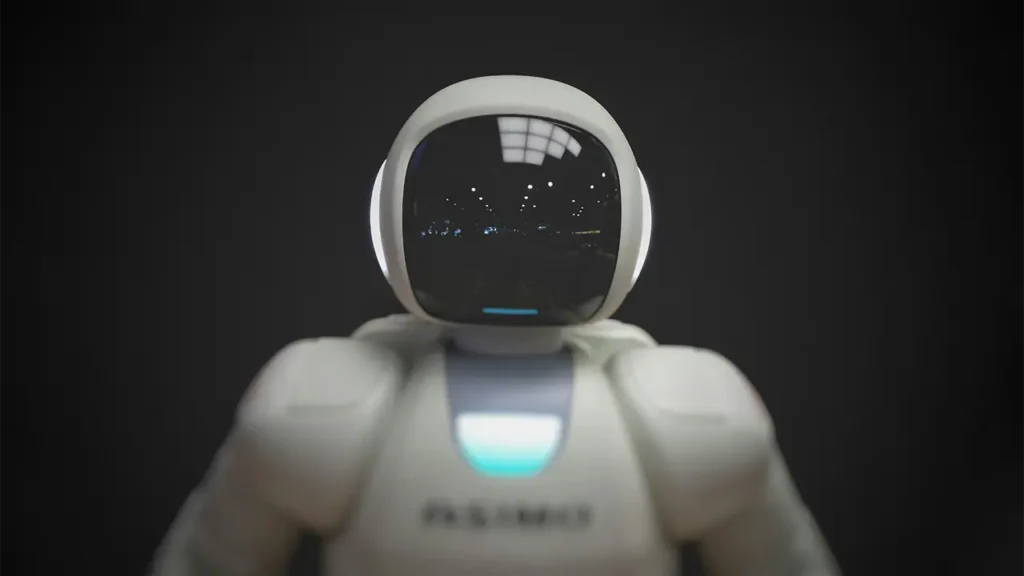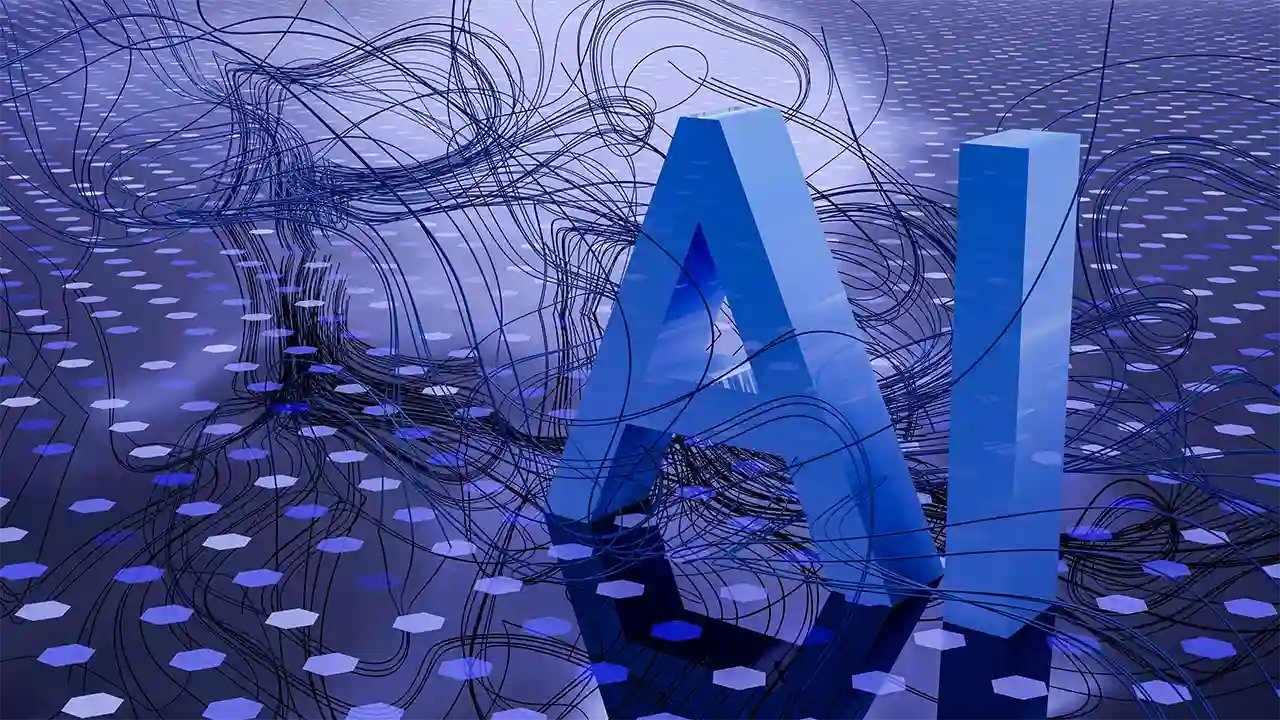Artificial intelligence is no longer just a futuristic idea—it’s here, shaping the way we live, work, and interact every day. From the recommendation algorithms on streaming platforms to smart assistants in our homes, AI has quietly but profoundly embedded itself into our daily routines. What once seemed like science fiction is now driving real-world innovations across industries, reshaping everything from healthcare and finance to entertainment and transportation. The future promises not only more powerful AI systems but ones that are seamlessly woven into the fabric of our lives.
As AI continues to evolve, it’s becoming more adaptable, learning from vast streams of data and improving its responses with every interaction. Machine learning models are now capable of recognizing patterns that even experts might miss, offering solutions that are both faster and more accurate. We are entering an era where intelligent systems will not just follow instructions—they will predict needs, personalize experiences, and even suggest actions before we think to take them. This deep integration is setting the stage for a world where human potential is amplified by AI, opening up possibilities we are only beginning to imagine.
AI Across Industries: Transforming Work and Life
AI is transforming industries at a breathtaking pace. In healthcare, it’s helping doctors diagnose diseases earlier and more accurately through advanced image analysis and predictive modeling. In finance, algorithms are detecting fraud in real time and providing smarter investment insights. Even agriculture is benefiting, as AI-driven drones monitor crop health and optimize irrigation. These innovations are not replacing human workers but rather empowering them—giving professionals tools that enhance decision-making and reduce repetitive tasks.

For everyday consumers, AI is reshaping experiences in more personal ways. Voice assistants can control smart homes, recommendation engines curate our media and shopping, and personalized learning platforms adapt educational content to each student’s needs. As AI grows more sophisticated, these technologies will become more intuitive, blurring the line between human and machine interaction. The goal is not to create cold, robotic systems, but to design intelligent companions that understand context, emotion, and nuance.
Ethical Challenges and Responsibilities
While the promises of AI are exciting, they come with serious ethical considerations. Issues like bias in algorithms, data privacy, and the potential for job displacement demand careful attention. As we push forward, it’s essential that companies, governments, and developers commit to building AI systems that are transparent, fair, and accountable.

The future of AI is not just about technical progress; it’s about ensuring that these technologies serve the greater good and uplift society as a whole.
Great adventures deserve great sound. Choose a AI that amplifies every moment, wherever life takes you.
James Cooper
The Road Ahead: AI and the Human Experience
Looking ahead, AI has the potential to redefine not only the way we work and play but the very essence of what it means to be human. As AI systems become more integrated into our daily lives, we may find ourselves relying on them for everything from healthcare to creativity. However, as these intelligent systems advance, it is crucial to maintain a human touch in their design and interaction.
The future of AI should focus on collaboration—working alongside humans to amplify our abilities rather than replace them. In this new era, the intersection of human creativity and AI’s analytical power will lead to breakthroughs in art, medicine, and even philosophy. We stand on the brink of an AI-powered world that enhances our capacities, broadens our horizons, and deepens our understanding of the world around us.


Leave a Reply